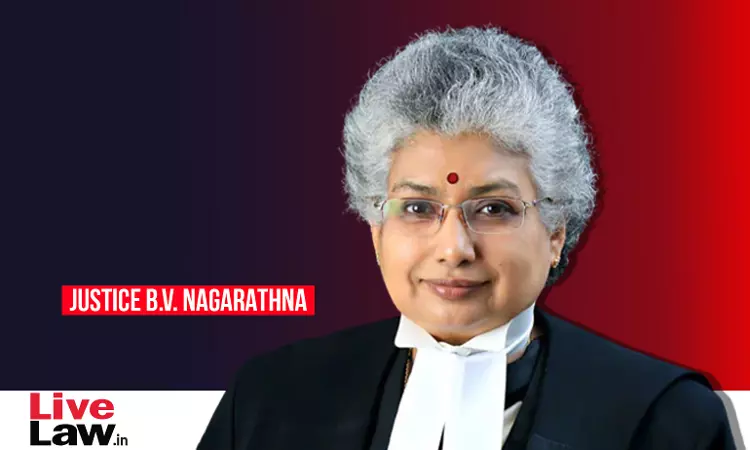- Home
- /
- News Updates
- /
- Constitution Is Stronger Now...
Constitution Is Stronger Now Because Of Kesavananda Bharati Judgment : Justice BV Nagarathna
Navya Benny
11 March 2023 5:20 PM IST
Supreme Court judge Justice BV Nagarathna said that the Constitution of India is stronger now because of the Kesavananda Bharati judgment, which laid down the basic structure doctrine. She opined that the basic structure doctrine is a fine example of transformative Constitutionalism. These comments assume relevance in the wake of the renewed debate on the basic structure doctrine after...
Tags
Justice BV NagarathnaTransformative ConstitutionalismConstitutionpublic interest litigationJudiciaryExecutivelegislatureEqualityFraternityLibertyBasic StructureBasic Structure DoctrineKesavananda Bharati CaseBasic StructureBasic Structure DoctrineKesavananda Bharati CaseBasic StructureBasic Structure DoctrineKesavananda Bharati Case
Next Story



